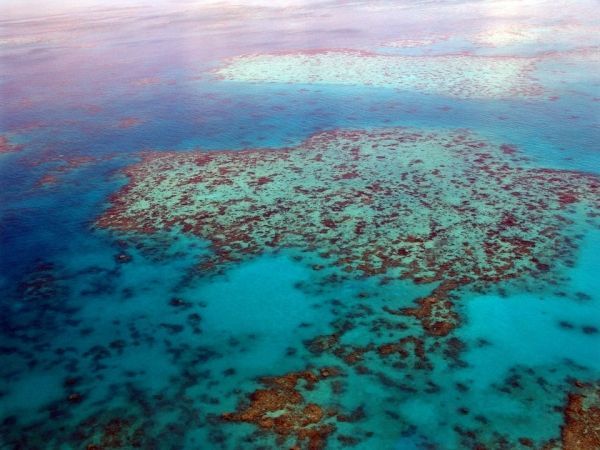New research has shown that by injecting an alkalinizing agent into the ocean along the length of the Great Barrier Reef, it would be possible, at the present rate of anthropogenic carbon emissions, to offset ten years’ worth of ocean acidification.
The research, by CSIRO Oceans and Atmosphere, Hobart, used a high-resolution model developed for the Great Barrier Reef region to study the impact of artificial ocean alkalinization on the acidity of the waters in the Great Barrier Reef. The study is based on the use of existing shipping infrastructure to inject a source of alkalinity into the ocean, which could also be considered as an acceleration of the chemical weathering of minerals through natural processes. Their results are published today in the IOP Publishing journal Environmental Research Letters.
The Great Barrier Reef is a globally significant coral reef system that supports productive and diverse ecosystems. At present, it is facing unprecedented stress from ocean warming, tropical cyclones, sediment and nutrient runoff, marine pests, and ocean acidification. Among these stressors, ocean acidification represents one of the most significant threats to the long-term viability of the reef, since it impacts the ability of the corals to build and repair their hard structures and recover from bleaching events.
Read more at IOP Publishing
Photo Credit: steinchen via Pixabay


